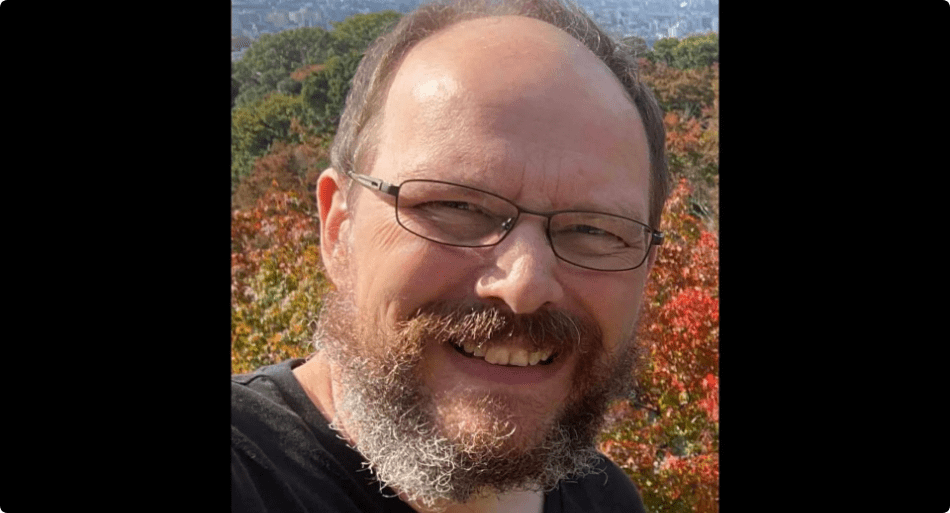
Ensure Education does not Stoke Chauvinism
“It is crucial to ensure that education does not stoke chauvinism or perpetuate dehumanising stereotypes,” asserted Prof. Edward Vickers, holder of the UNESCO Chair on Education for Peace, Social Justice and Global Citizenship, Kyushu University, Japan, in an interview with The Sunday Morning.
Rather than promoting uncritical pride in particular identities, school curricula should encourage children to reflect critically on the history and culture of their ‘own’ group, he added.
Outlining key messages we need to give our youth to ensure that violent extremism does not continue generation after generation, Prof. Vickers said: “We need to constantly reinforce messages of shared humanity and the evils of tribalism. It is also very important to avoid telling national history as a one-sided story of aggrieved victimhood and cultural or moral uniqueness.”
However, he emphasised that verbal messaging or classroom preaching was not enough, “because young people’s consciousness tends to be shaped far more powerfully by their experience of society outside the school gates than by anything that happens inside them”.
Therefore, he emphasised on the importance of governments and politicians of all stripes walking the walk: “Governments and politicians of all stripes have to walk the walk, not just talk the talk. Spouting homilies about the value of peace and reconciliation without taking action to promote social justice, security, and dignity for all citizens is pointless.”
Following are excerpts of the interview:
Sri Lanka is a country saddled with violent extremism. While the civil war ended over a decade ago, there has been no real effort towards reconciliation between its people while the State has continued to play politics with the issue. Incidents of religious extremism are commonplace to date. What role can education play in preventing violent extremism?
I think that education has a limited but important role to play in preventing violent extremism. It is crucial to ensure that education does not stoke chauvinism or perpetuate dehumanising stereotypes of ‘out-groups,’ however these are defined.
Rather than promoting uncritical pride in particular identities, the school curriculum should encourage children to reflect critically on the history and culture of their ‘own’ group. An awareness of the diverse nature of identity, and of how any one person can possess multiple identities that can shift over time, is also crucial to challenging attitudes that fuel prejudice and hatred.
But I’m afraid that the capacity of education on its own to prevent violent extremism is often exaggerated.






